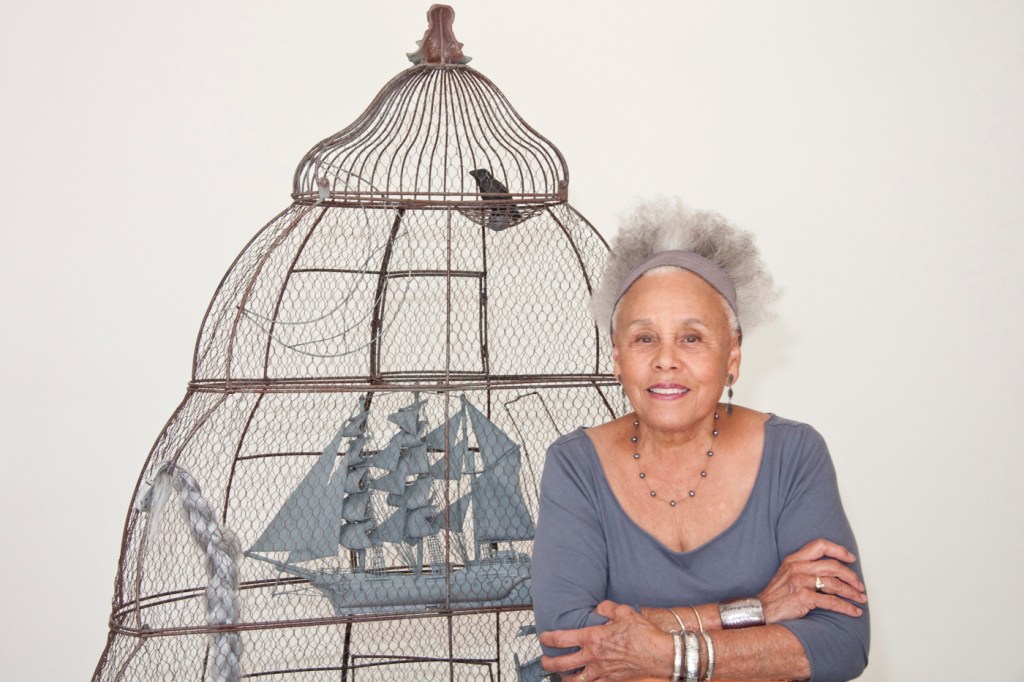JoePgh
Cranky pants and wise acre
- Joined
- Aug 30, 2011
- Messages
- 3,756
- Reaction Score
- 22,104
I just finished reading this very long article in the Atlantic Magazine which seems to bear on the question of Geno's longevity.
The main theme of the article is that nearly everyone's intellectual/analytic faculties diminish much more sharply with age than most of us (especially if we rely on those faculties to make our living professionally) are willing to acknowledge.
But the article makes a distinction between "fluid intelligence" and "crystallized intelligence", and says that the latter diminishes far more slowly than the former. Fluid intelligence is raw information processing and reasoning skill, whereas crystallized intelligence is "the ability to use knowledge gained in the past". The author thinks that it explains why historians have much longer professional lives than scientists or artists -- because excellent historical writing involves processing and interpreting a lifetime of accumulated knowledge, rather than discovering a new pattern in a current situation.
He thinks that the practical implication is that people in their 50's or 60's who were stars of fluid intelligence earlier in their careers should become teachers as they age, and that they can actually be better teachers than their younger colleagues (who will be better researchers than they are).
If this view has any validity, then Geno is doing the right thing and using his talents properly in his current role. I recall that he once compared the X's and O's of basketball to a large Chinese restaurant menu -- one which hasn't changed in 50 years since he was a teenager in Philadelphia. The winning edge as a coach comes not from superior knowledge of the menu or how to make the dishes, but in correctly choosing which small set of selections from that menu will best fit a particular roster. This is crystallized knowledge. Another area of crystallized knowledge is how to deal with college-age women and get them to give their best, and to select those who are most likely to give their best. I think these are the areas where he distinguishes himself as a coach. And I think he is better at these things now than he was circa 2000 (even though he was a great coach then also).
Obviously, he still learns new things, e.g., by watching film of NBA teams and showing them to his players. I wonder how many other college coaches in the womens' game would even think of doing that. He also learns by observation how "kids these days" have changed from what they were in the 1980's and 1990's. He integrates this recently acquired knowledge into the lifetime of basketball knowledge that is stored between his ears. I'm guessing (and I think the article would suggest) that he can continue to do this for quite a long time if he chooses to do so.
The main theme of the article is that nearly everyone's intellectual/analytic faculties diminish much more sharply with age than most of us (especially if we rely on those faculties to make our living professionally) are willing to acknowledge.
But the article makes a distinction between "fluid intelligence" and "crystallized intelligence", and says that the latter diminishes far more slowly than the former. Fluid intelligence is raw information processing and reasoning skill, whereas crystallized intelligence is "the ability to use knowledge gained in the past". The author thinks that it explains why historians have much longer professional lives than scientists or artists -- because excellent historical writing involves processing and interpreting a lifetime of accumulated knowledge, rather than discovering a new pattern in a current situation.
He thinks that the practical implication is that people in their 50's or 60's who were stars of fluid intelligence earlier in their careers should become teachers as they age, and that they can actually be better teachers than their younger colleagues (who will be better researchers than they are).
If this view has any validity, then Geno is doing the right thing and using his talents properly in his current role. I recall that he once compared the X's and O's of basketball to a large Chinese restaurant menu -- one which hasn't changed in 50 years since he was a teenager in Philadelphia. The winning edge as a coach comes not from superior knowledge of the menu or how to make the dishes, but in correctly choosing which small set of selections from that menu will best fit a particular roster. This is crystallized knowledge. Another area of crystallized knowledge is how to deal with college-age women and get them to give their best, and to select those who are most likely to give their best. I think these are the areas where he distinguishes himself as a coach. And I think he is better at these things now than he was circa 2000 (even though he was a great coach then also).
Obviously, he still learns new things, e.g., by watching film of NBA teams and showing them to his players. I wonder how many other college coaches in the womens' game would even think of doing that. He also learns by observation how "kids these days" have changed from what they were in the 1980's and 1990's. He integrates this recently acquired knowledge into the lifetime of basketball knowledge that is stored between his ears. I'm guessing (and I think the article would suggest) that he can continue to do this for quite a long time if he chooses to do so.



